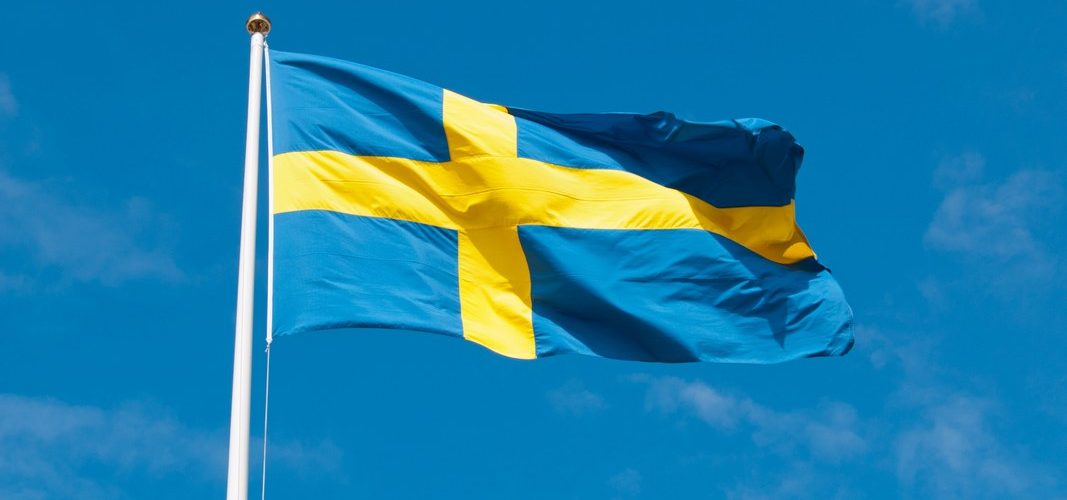It happens that organizers of competitions other than sports competitions distribute so-called prize money in the form of money, goods or services to competition participants who have achieved a certain placement. This can be, for example, when a participant has come in first, second or third place. An assessment must then be made as to whether the participant provides the organizer with a service for a fee, ie whether it is a question of a turnover.
The Swedish Tax Agency considers that, as a rule, prize money that is dependent on the participant’s placement in the competition is not a compensation for a service provided. In these cases, the prize money is subject to a certain randomness. Examples of such competitions are poker, competition bridge, chess and electronic sports (e-sports).
However, there are competitions with prize money that have great similarities with a tender procedure or a procurement process and where the various competition entries can be compared to tenders. An assessment of whether prize money in such competitions should be seen as compensation for the provision of a service should be made on the basis of what the organizer commits to the winner before the competition starts. The assessment must be made on the basis of the competition rules.
- If the winner is to receive both prize money and compensation to, for example, process the competition entry, the prize money must be seen as part of the total compensation, ie a turnover.
- If the winner is only to receive prize money, the prize money is not considered to be a compensation for a service provided, ie not a turnover.
Source: skatteverket.se















